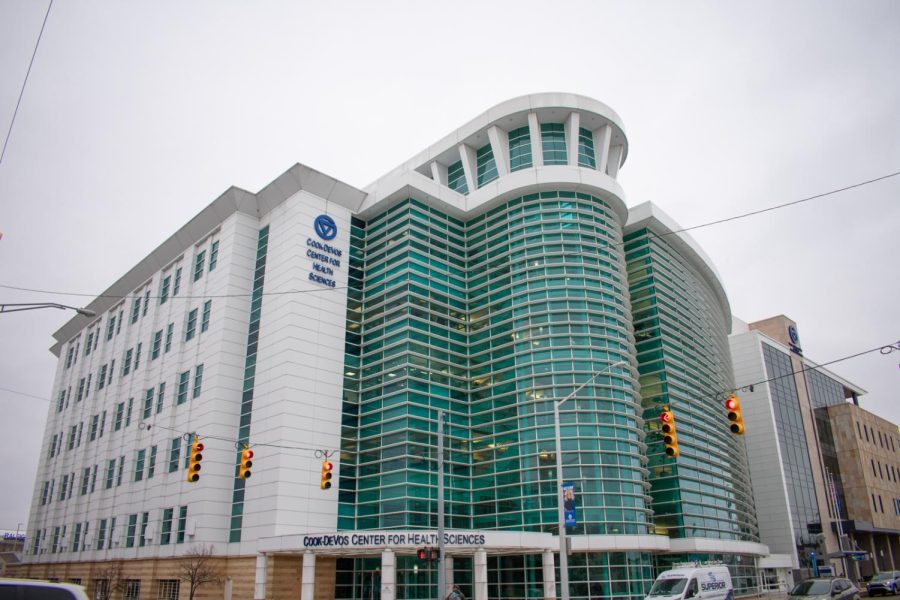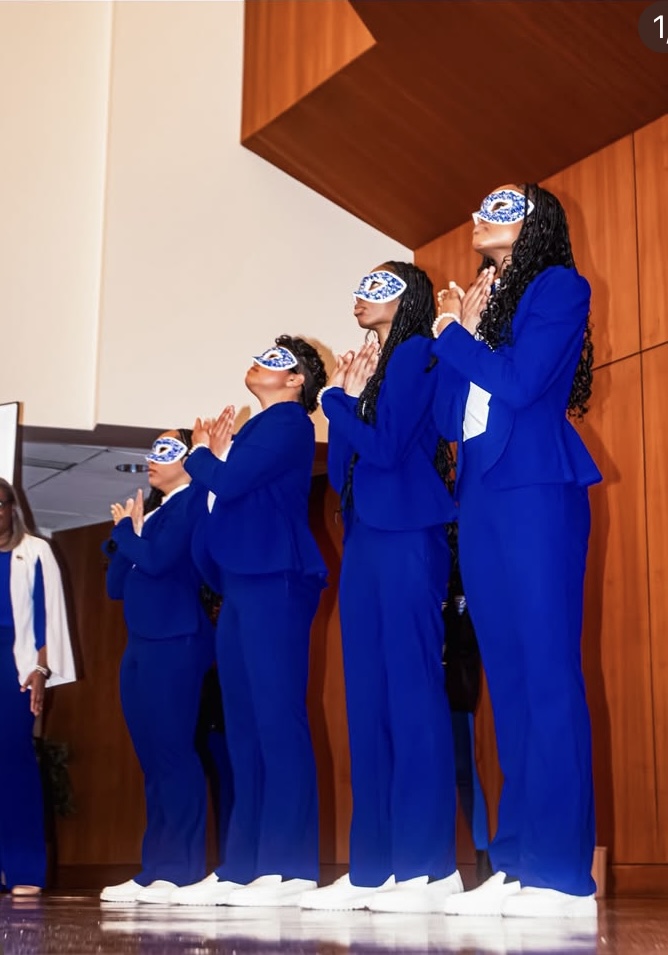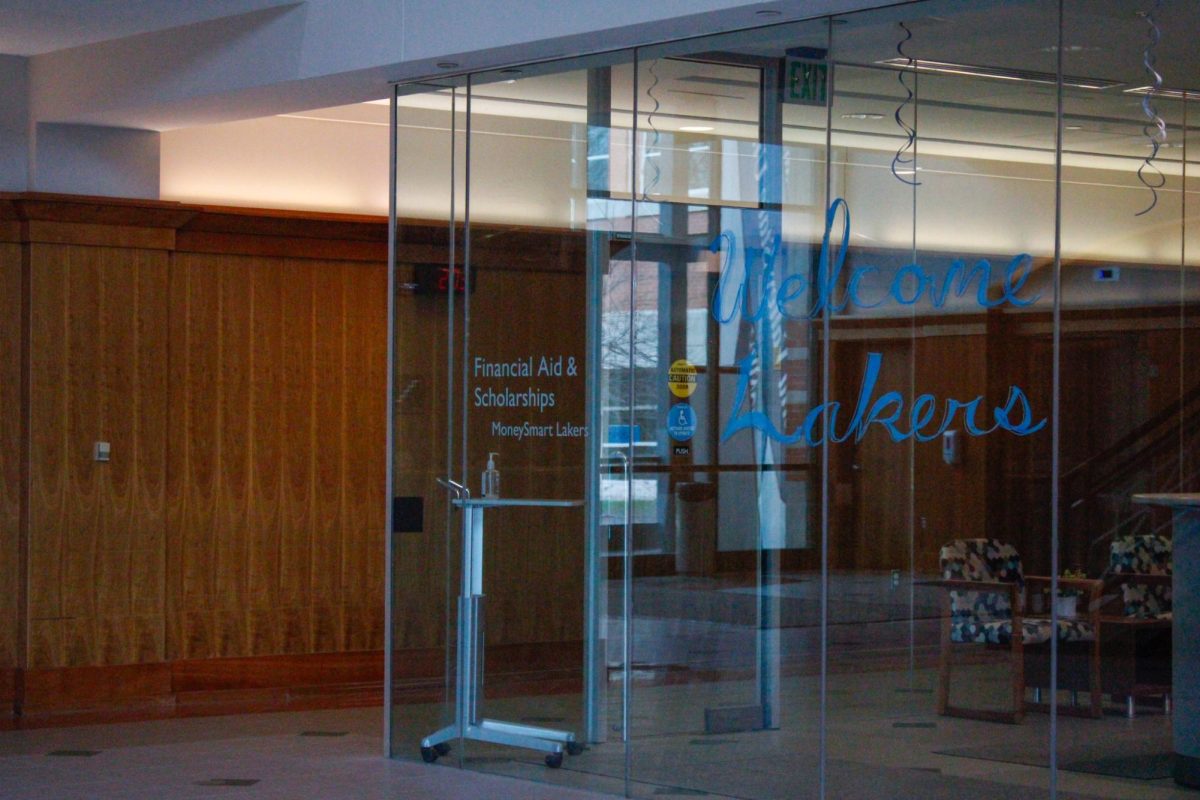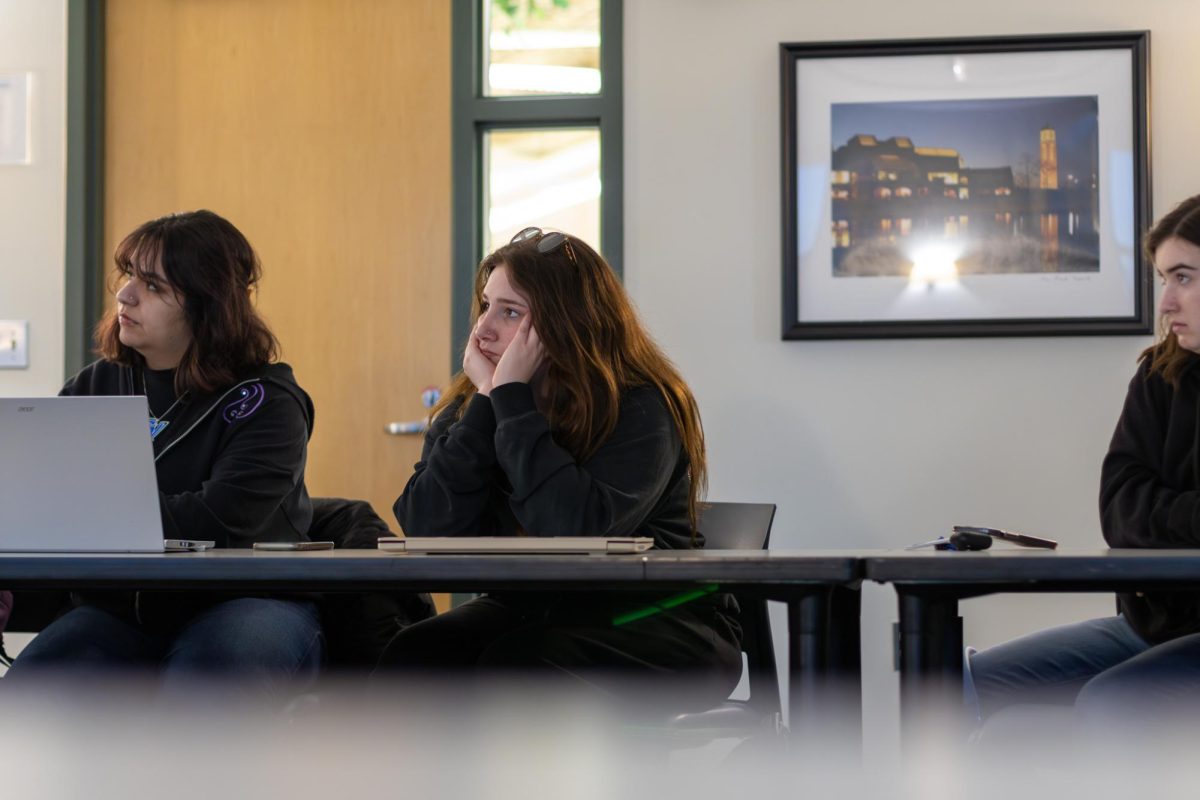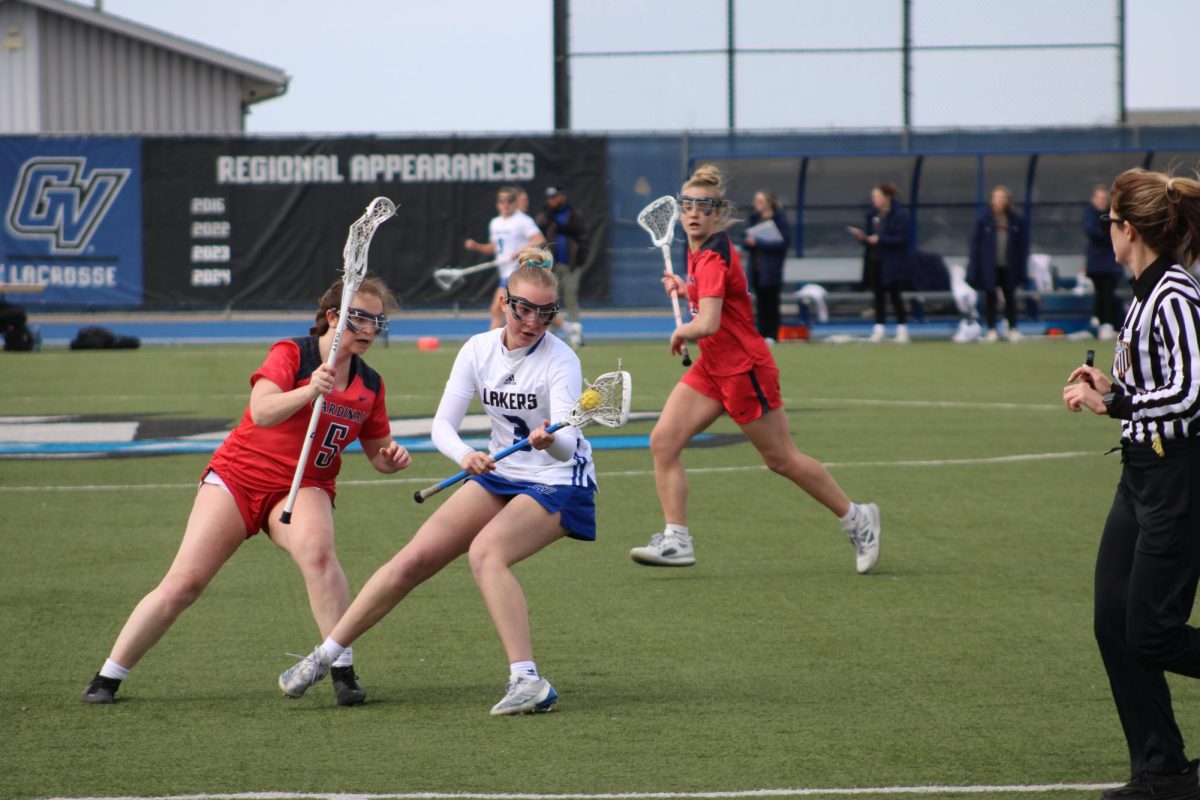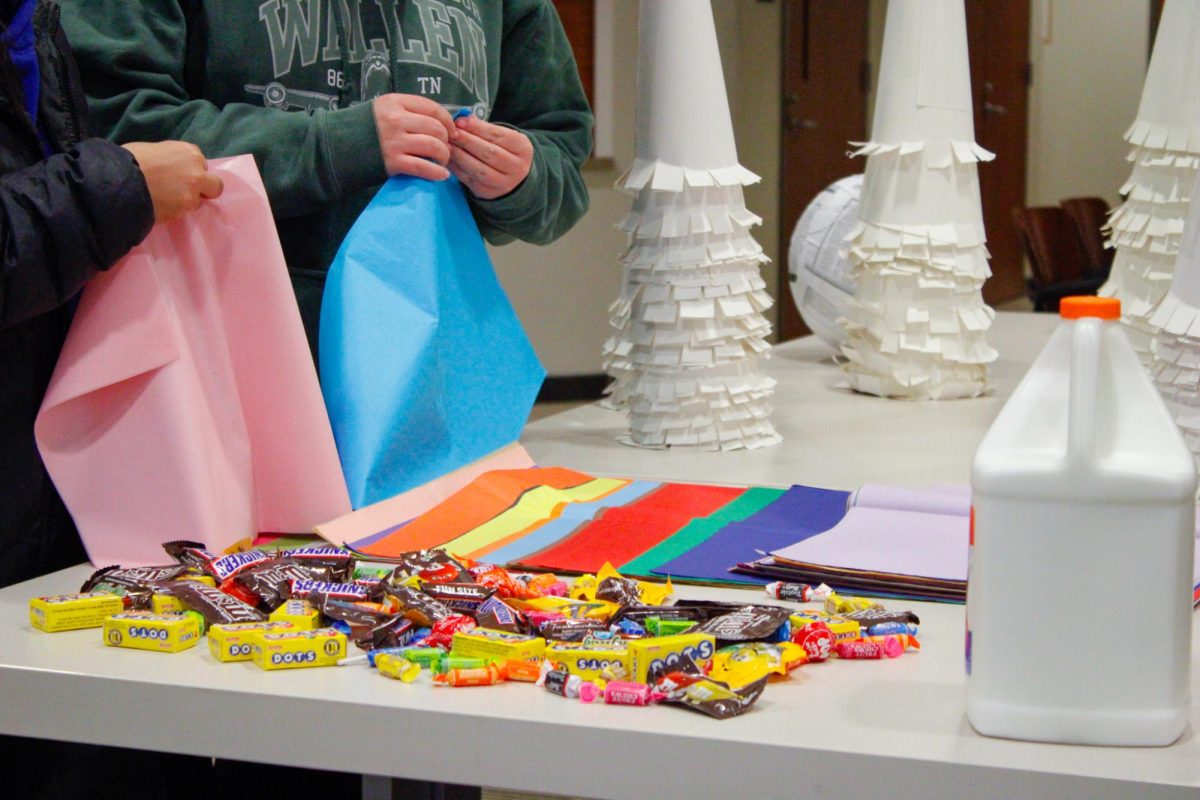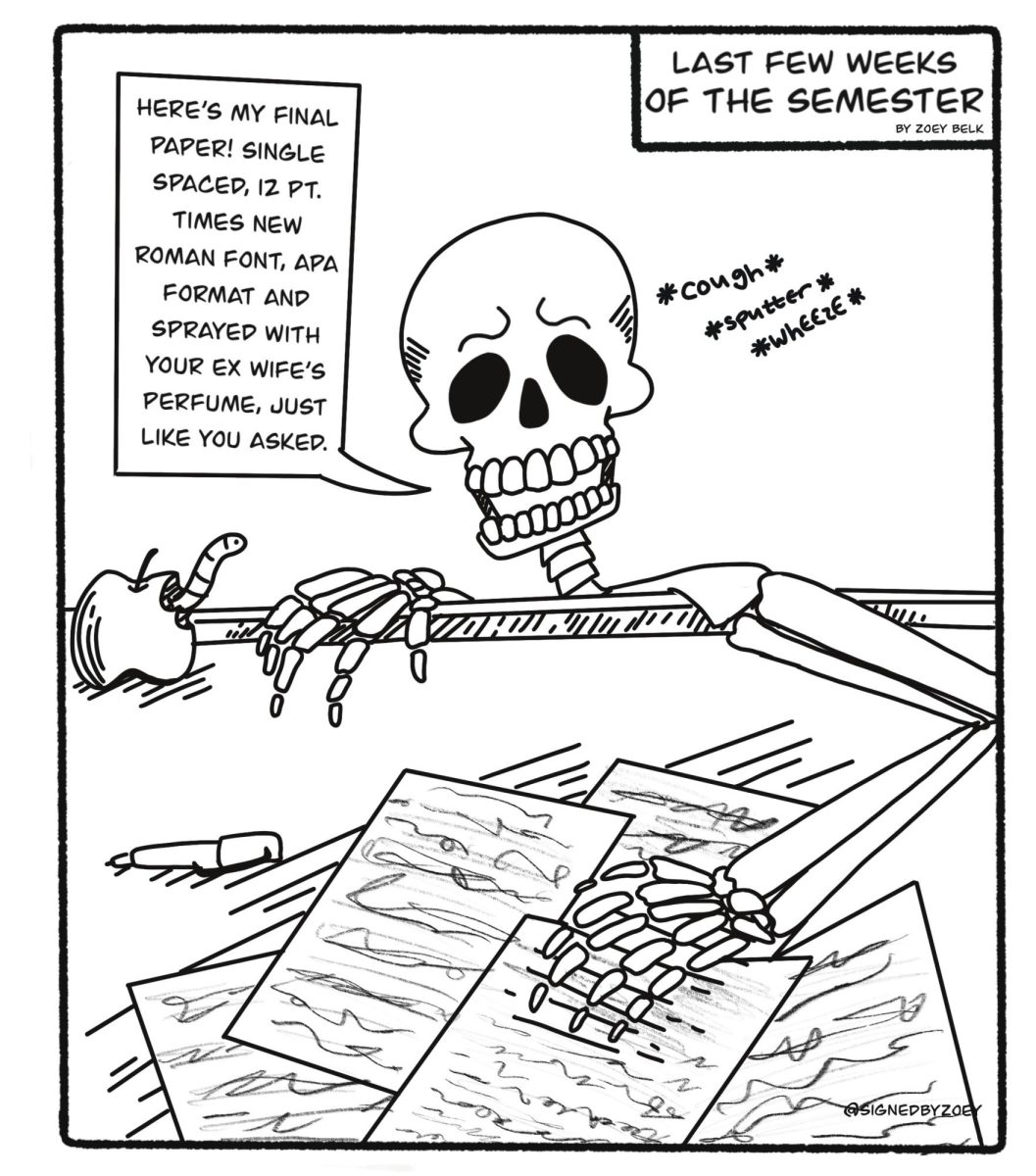Professionals urge caution as RSV surges and medication runs short
Nov 14, 2022
Amoxicillin, one of the most commonly prescribed antibiotics in the country, is in short supply. More specifically, suspension and chewable forms of the medication generally used for children are becoming increasingly hard to come by just in time for cold and flu season. As a result, many patients are leaving the pharmacy with variants of their prescribed strengths to accommodate for the empty shelves.
This shortage is coupled with the current surge in Respiratory Syncytial Virus (RSV), as reported by pediatric healthcare practitioners. The Mayo Clinic suggests that RSV is not as great of a concern for adolescents and adults as it is for children under five. Symptoms appear similar to most respiratory colds and, in most individuals, resolve themselves without any healthcare-based mediation.
Provisional research suggests that as many as one-in-56 healthy infants will be hospitalized due to severe RSV symptoms within the first year of life. However, virtually all children will contract a case of RSV by the time they reach their second birthday.
Both the shortage and the surge are enough to ring warning bells among healthcare professionals and parents alike. It should be noted that RSV is a virus, so, similar to the flu or COVID-19, amoxicillin-based treatments are not appropriate for eradication of the virus within the infected individual. This is because antibiotics are only effective in treating bacterial-based infections. However, the treatment is still vital, as the RSV decreases bacterial clearance and therefore leaves the child susceptible to opportunistic secondary infections such as bacterial pneumonia.
Jessica Hallenbeck, a registered nurse working throughout East Michigan, speculates that such shortages may force healthcare providers to not only be more creative with the medications being prescribed, but also more conservative with the amount of antibiotic prescriptions being written.
“As far as the shortage of things, they’re just going to have to get more creative,” Hallenbeck said. “Amoxicillin is probably one of the most common antibiotics used. A lot of times it’s, ‘Sure we’ll give you some amoxicillin with that just in case,’ so I think they’re just going to have to scale back to, ‘Yes you have something diagnosable that amoxicillin can take care of.’”
Hallenbeck said for parents, this might mean limiting treatments for RSV to supportive care such as Tylenol, rest and fluids, which for many young parents can come with feelings of insufficiency. Likewise, it remains important to disinfect hard surfaces, wash hands and stay home if one feels unwell.
The bottom line is that as the greater Grand Rapids communities find themselves gathering with their loved ones this holiday season, ensuring necessary precautions are being taken is important – especially when young children are present. Especially around infants, it is vital to ensure proper hand washing before contact and most importantly not kissing the baby, as these are prime methods for the virus to spread. Even if one is experiencing slight cold symptoms, it’s best to avoid snuggling younger family members altogether.
As for the Grand Rapids area, the Detroit Free Press reports a 385% surge in children being hospitalized with RSV at DeVos Children’s Hospital, which is tough considering peak illness season has barely begun.
“We are hearing that emergency departments are getting pretty full and we’re also hearing that pediatric (intensive care unit) beds are approaching capacity,” said Dr. Natasha Bagdasarian, the chief medical executive for the state Department of Health and Human Services, in a statement to the Detroit Free Press.
Overall, it remains as important as ever to continue to take necessary precautions to prevent the spread of viral illnesses.




